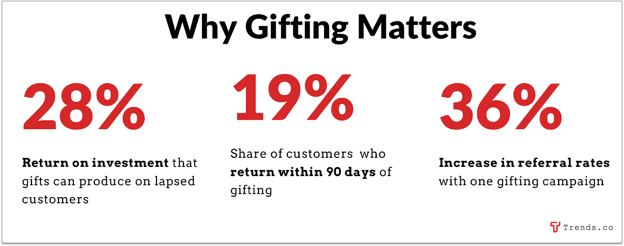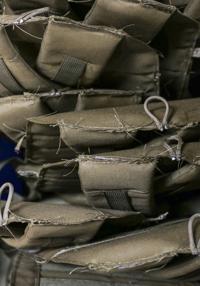A hot cup of espresso is the best commence to the day for thousands and thousands of persons around the entire world. But when getting that initially sip, it is simple to forget how a lot operate goes into bringing it to the desk.
From the farmers cultivating and harvesting espresso plants, to milling and roasting, lots of very important and labor-intensive techniques are included in coffee output. Like all industrial procedures, it frequently uses a lot of land, drinking water and vitality.
This usually means there is certainly an escalating volume of scrutiny bordering the sustainability of the journey from bean to cup — a thing that has not absent unnoticed by the bosses of the some of the world’s largest espresso companies.
“We need to improve our growth product,” Andrea Illy said at the Entire world Financial Forum previously this month, referencing the “extractive model” of the present and earlier.
The chairman of Italian coffee big Illycaffe, who was conversing in broad conditions, said the existing method was depleting pure resources and creating an “infinite” amount of money of residues.
These had been “polluting and accumulating in the biosphere, eventually suffocating it and protecting against the biosphere to self-regenerate,” he additional.
“The strategy is we want to shift this model and create a new ‘bio-mimic’ design, working like character, utilizing only renewables … quite possibly photo voltaic.”
“We are talking about the vitality transition, but it is … a prerequisite of a a great deal bigger transition, which is the ecological just one,” Illy also instructed CNBC’s Steve Sedgwick on the panel at WEF.
Illy’s argument feeds into the idea of the circular economic climate. The thought has acquired traction in current several years, with a lot of firms about the earth searching to operate in means that decrease squander and stimulate re-use.
Also speaking on the WEF panel was Maria Mendiluce, CEO of the We Signify Enterprise Coalition. She stressed that ideas related to circularity were being not limited to food generation.
“I really don’t consider we have exploited, entirely, the energy of [the] circular economic climate — also in the industrial methods,” she reported, incorporating that now was “the appropriate moment to do so.”
Mendiluce went on to discuss the scarce supplies necessary for the transition to a a lot more sustainable financial system, with particular reference to initial products companies, or OEMs, these as automakers.
“If you speak to the OEMs, [the] circular economic climate is entrance and center on the method, due to the fact we require to recycle these products — cobalt, nickel, etcetera — to be in a position to provide the batteries for the future,” she explained.
Bit by bit but absolutely, organizations are developing processes to recycle components employed in technologies vital to the vitality changeover.
Previous November, for instance, Swedish battery firm Northvolt reported it experienced generated its to start with battery cell with what it explained as “100% recycled nickel, manganese and cobalt.”
And a couple of months earlier, in June 2021, Basic Electric’s renewables device and cement big Holcim struck a deal to investigate the recycling of wind turbine blades.
Returning to the theme of how the organic planet could impact small business practices, Dickon Pinner, senior spouse and co-leader of McKinsey Sustainability, explained nature as “like the stability sheet of the planet.”
“There are so many dependencies of the serious financial state on nature that quite a few businesses [and] governments have not however thoroughly realized,” he claimed. “The interdependence is … so fantastic.”






.png)

More Stories
Three pillars of The New Automation Mindset, for an age when anyone can automate anything with AI
BOJ must always brainstorm ideas on ending low rates, says deputy gov
BOJ must always brainstorm ideas on ending low rates, says deputy gov